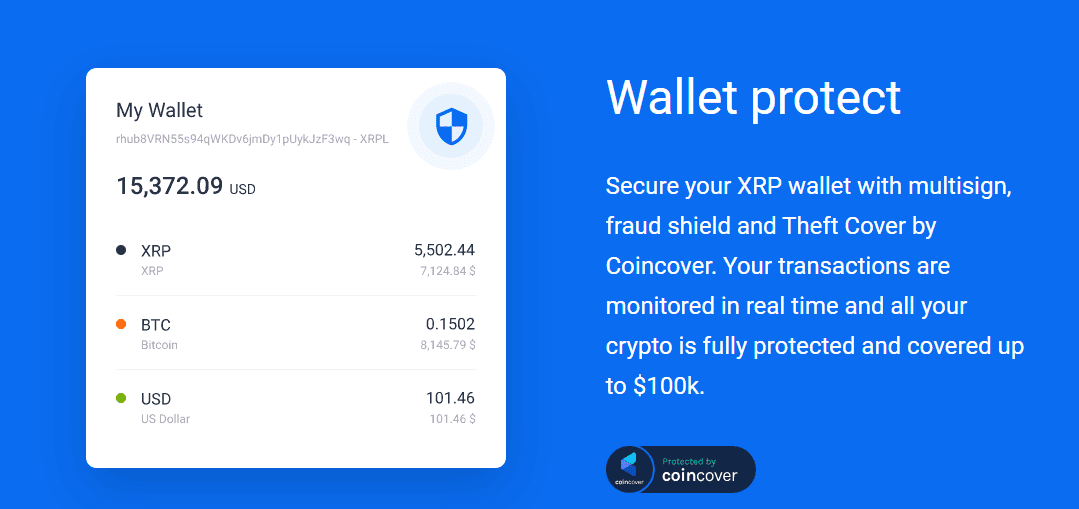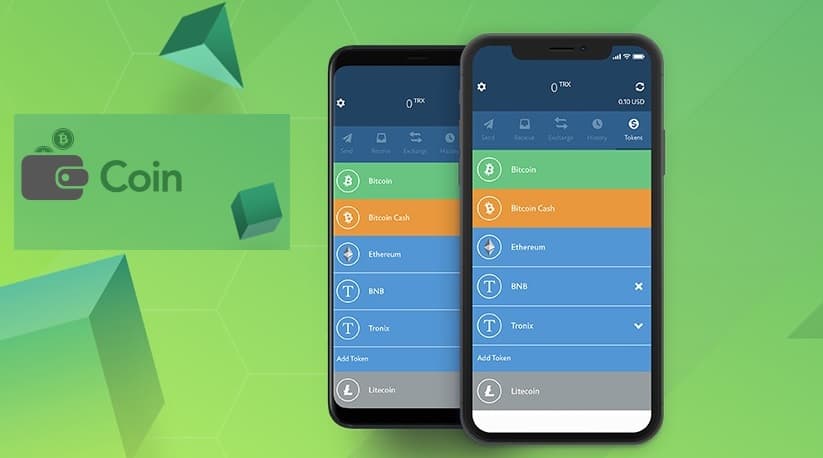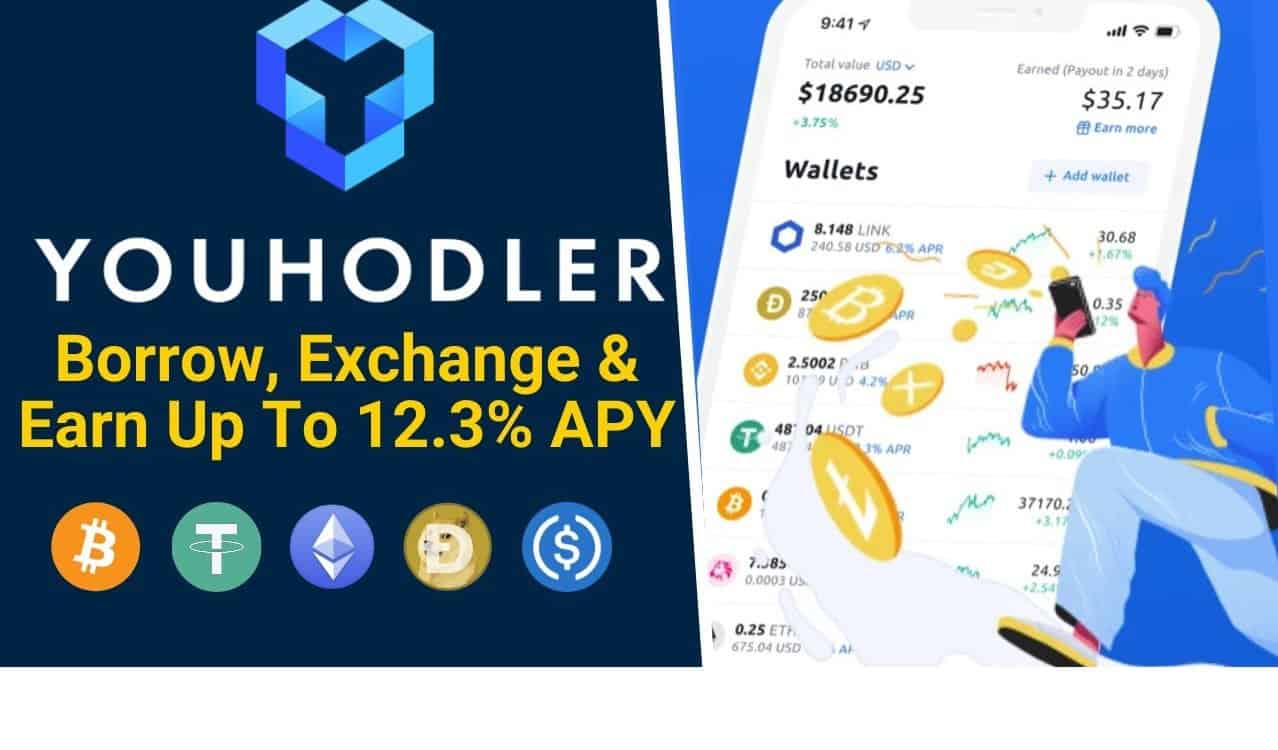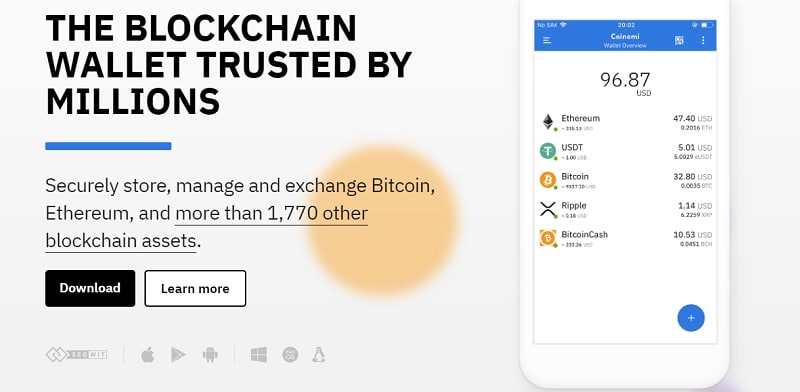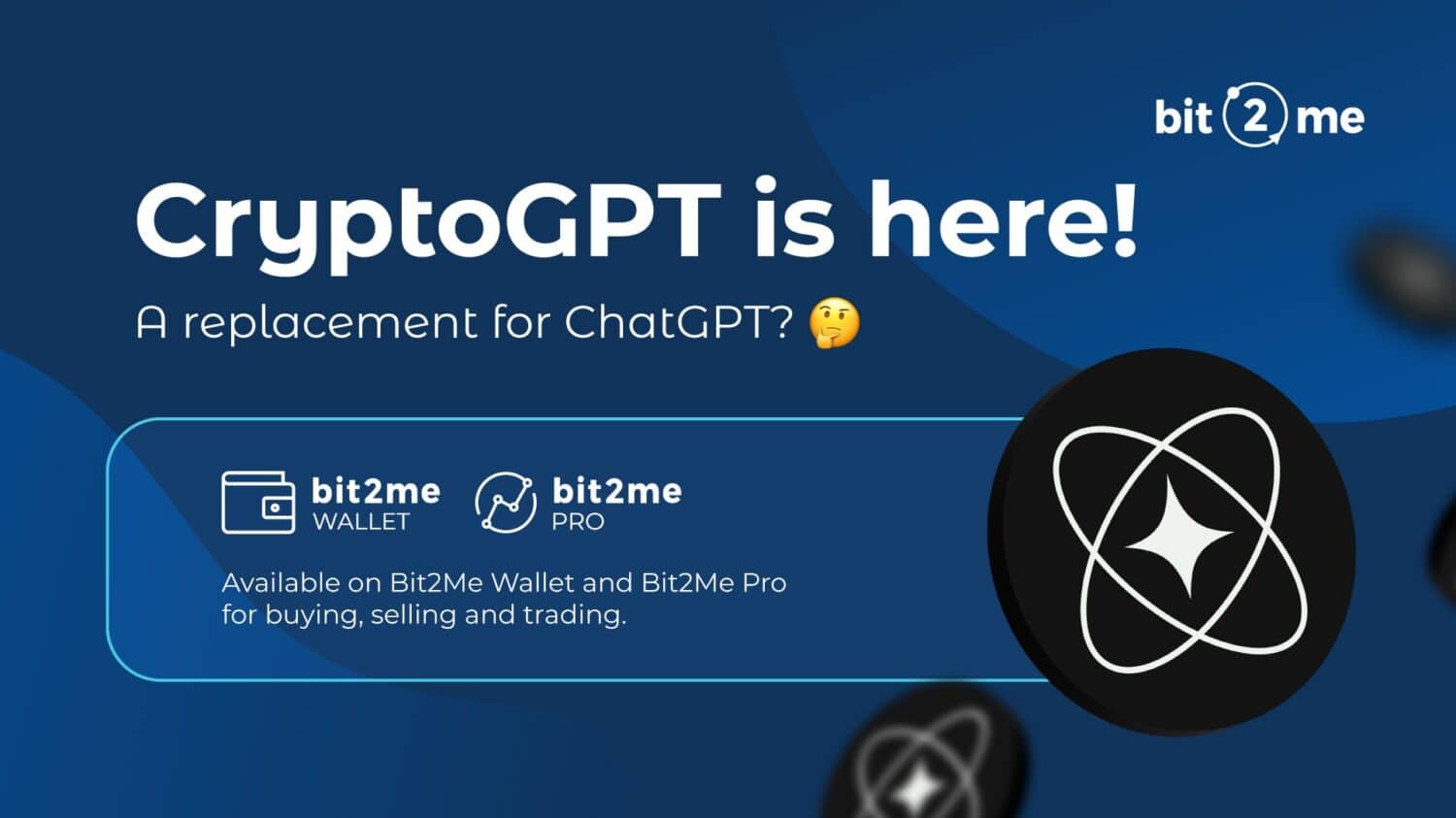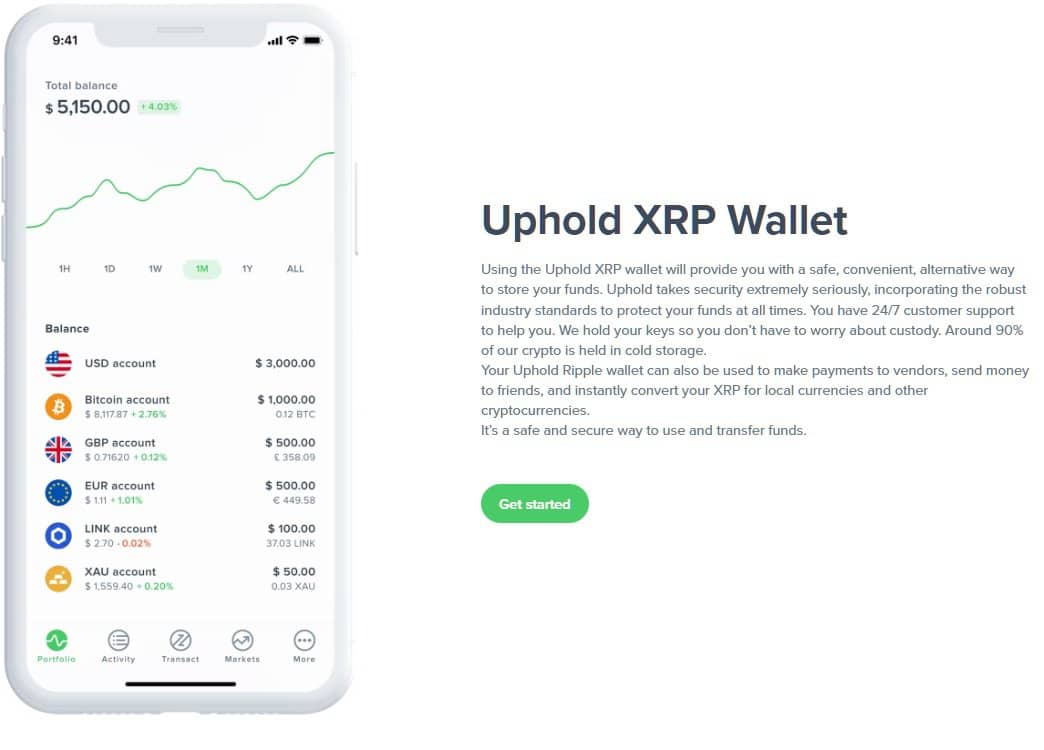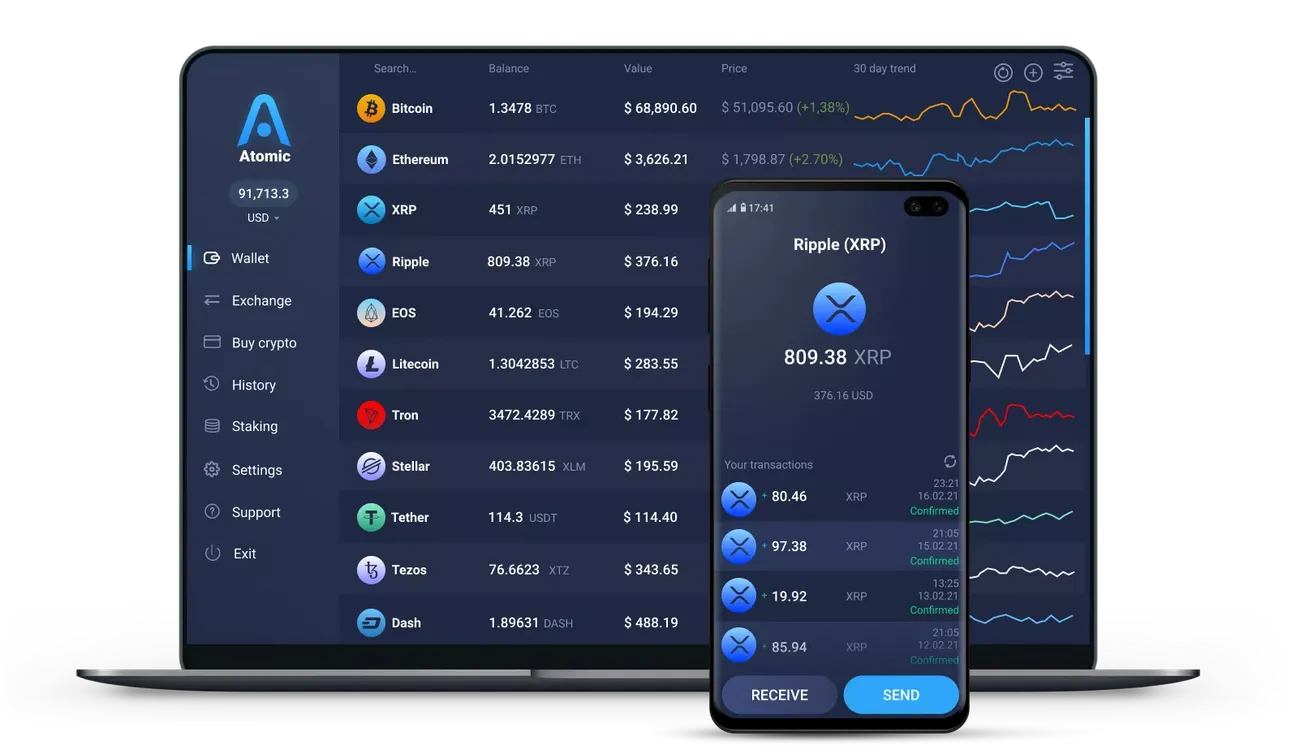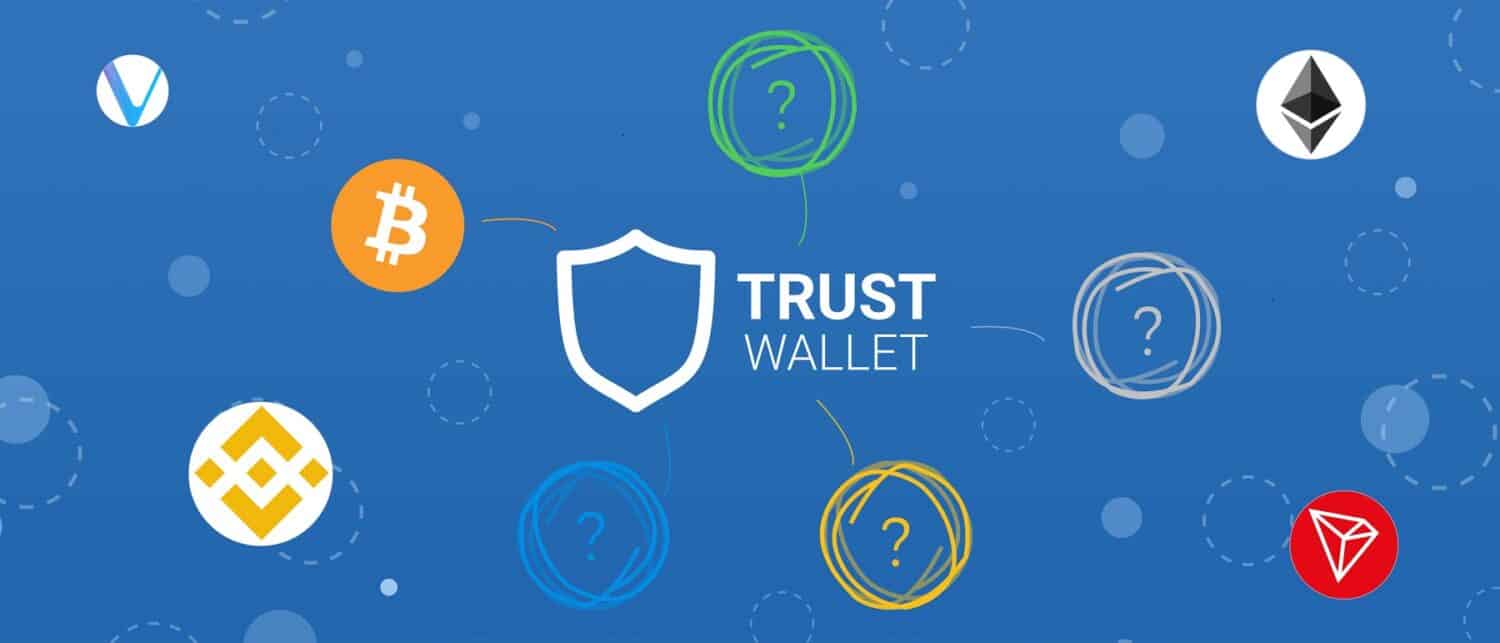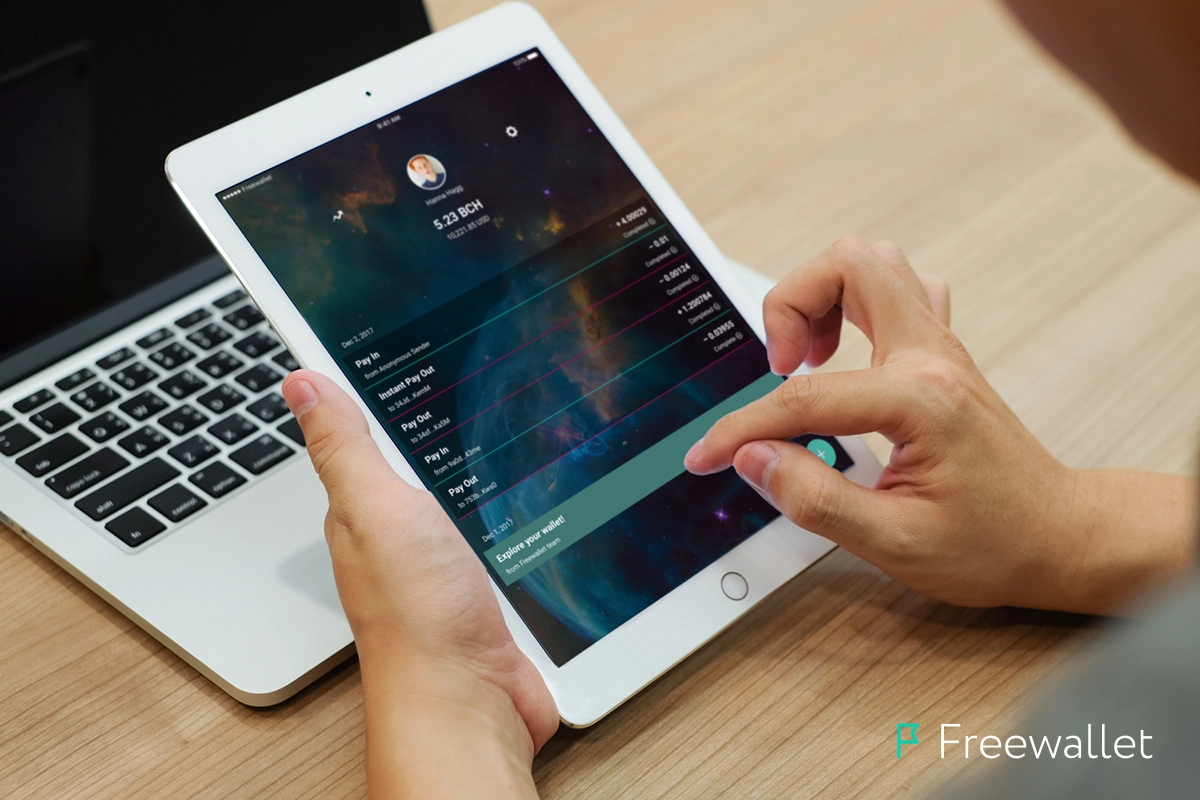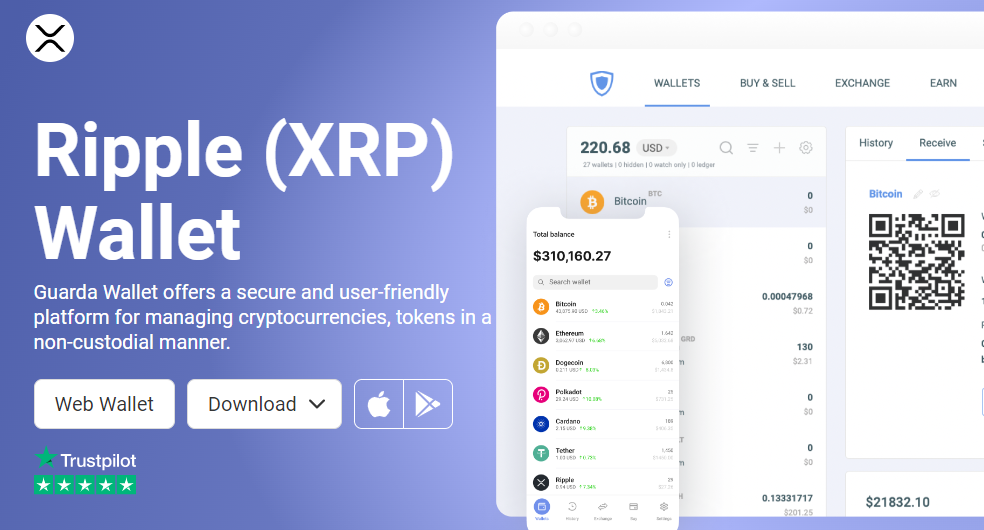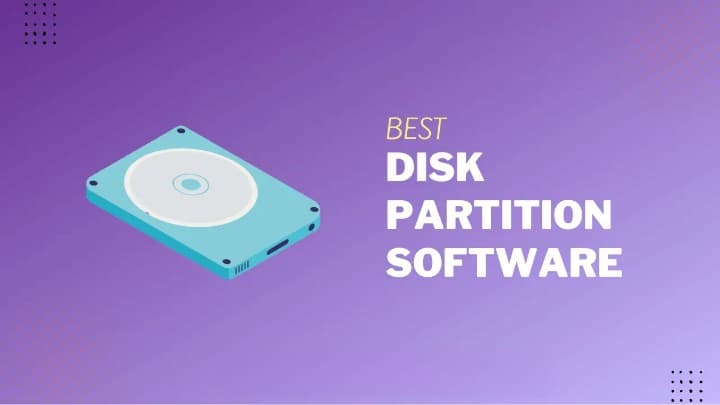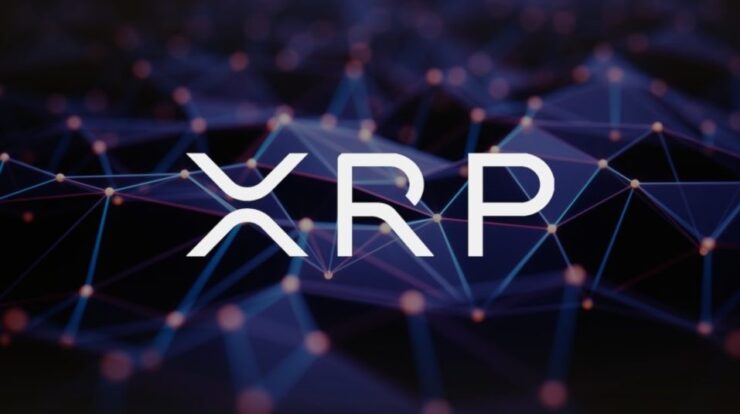
One of the most effective cryptocurrencies available at the moment is Ripple. It is a digital asset designed to be paid for use with the XRP Ledger (XRPL) network. Transaction speeds can be accelerated through the permissionless, open-source XRPL protocol.
XRP is a more cooperative cryptocurrency than others that approach existing financial institutions in a more adversarial manner. Fast and secure money transfers via banks and other conventional institutions are possible with it. In terms of money transmission platforms, it has really eclipsed SWIFT.

There are several types of XRP wallets available in different formats and for different devices. Paper wallets, exchanges, hardware, and software wallets are among the popular XRP wallets. Short-term storage is ideal for exchange wallets, and Coinbase wallets are among the best.
Recognize The XRP Wallets
Before choosing an XRP wallet, it is important to thoroughly evaluate its functionality, accessibility, and security. Choosing the best XRP wallet for you can be difficult as there are many different types available in the market, including hardware, software and paper wallets. An overview of the many types of XRP wallets can be found here.
Hardware wallets protect against fraud and hackers by keeping XRP off the Internet. Some of the best manufacturers of XRP hardware wallets are Trezor and Ledger. Compared to paper wallets or other methods of cold storage, hardware wallets provide an extra degree.
They contain a secure chip that ensures you don’t need to enter your private key on the computer when you connect them to a computer to send cryptocurrency. This results in more secure trading, even on compromised computers. The “seed words” that come with the wallet can be used to recover the hardware on a different device.
Although hardware wallets offer the highest level of security, depending on how much money you have, their cost may not justify the investment. For those who have regular trading options, a software wallet becomes a more sensible solution.
Software wallets are useful because they are accessible from anywhere, but because they rely on an Internet connection, their security is questionable. Software wallets can be found online, on mobile devices and desktop computers. Although desktop wallets provide complete control over money, they carry a constant risk of coin loss in the event of a breach or intrusion.
While mobile wallets are useful in physical retail stores, they suffer from the same drawbacks as desktop wallets when coins are held locally on the device. Online wallets are accessible from anywhere and can be linked to other wallets, but they store private keys on websites you should trust.
Paper wallets, accessible via QR code, are a type of cold storage for cryptocurrencies. They have a private key and a cryptocurrency address. Since they are not connected to the Internet, it is a cheaper option with a lower risk of hacking.
Nevertheless, they are more difficult to set up and use than digital wallets, and money cannot be accessed if lost. Additionally, if a gadget is being used to access money from a paper wallet, it can still be hacked.
Thus, it is very important to study the various types of XRP wallets in depth to choose the one that best suits your needs. The ability to trade different cryptocurrencies, send and receive XRP, Bluetooth connectivity, battery life, and PIN and Masterkey protection are just a few of the unique features each variant offers.
To stay away from fraud and scams, use only official or highly recommended XRP wallets. Make an informed choice by prioritizing security, usability, and convenience when choosing a wallet to protect your XRP.
Regardless of your choice of storage method, it’s important to have the basic information you need to store your crypto securely. Choosing the right wallet is essential when you first enter the world of cryptocurrency and want to trade or invest in XRP. You will need to keep your XRP safe.
Given its amazing performance, XRP is a desirable investment option. On the other hand, security and reliable access are very important when investing in XRP. XRP wallets are helpful in this situation. There are many XRP wallets on the market, and this guide will help you choose the best one.
1) Xumm
Users can manage their non-custodial XRP Ledger accounts and tokens with XUMM, a mobile wallet. Strong security features like multi-sig and two-factor authentication keep it safe.
Furthermore, XUMM is a platform that offers a full ecosystem and integrations, enabling users to manage and use their XRP as well as any other issued token or currency on the XRP Ledger. It is not just a wallet. With features like micropayments, loyalty points, and simple webshop checkout processes, XUMM is perfect for usage in retail settings.
Principal attributes:
- Non-reserved wallet
- Multiple XRP Ledger accounts can be created with it.
- facilitates dApps on the XRP Ledger
- Accessible on iOS and Android smartphones
2) GateHub
GateHub is a site that functions as an exchange and a cryptocurrency wallet. GateHub provides a secured wallet to store cryptocurrency holdings.
With GateHub and XRP Ledger, users can send and receive money instantly. The platform also provides real-time portfolio statistics for managing one’s assets.
AES encryption safeguards user and financial data on the site, and Coincover offers up to $100,000 in insurance against theft. Managing investments is made simple with the GateHub wallet, and consumers may see upfront fees for the platform.
Principal attributes:
- A software wallet that’s easy to use for beginners
- A built-in payment gateway compatible with fiat money, such as USD
- The ability to trade different cryptocurrencies within the platform
- Accessible as a wallet with online platform support
3) Coin Wallet
Coin Wallet secures the wallet on the smartphone via client-side encryption. Implementing clear passphrase encryption provides strong default protection to the wallet. Users can get fast, secure access to their wallets using biometrics or a 4-digit PIN. Additionally, Coin Wallet supports hardware-grade security and 2FA authentication with FIDO-verified security keys.
Basic Features:
- A software wallet that prioritizes security.
- Intuitive with the built-in ability to exchange cryptocurrencies
- Support for multiple currencies and languages
- Support for multiple platforms: Linux, iOS, Android, and web
4) YouHodler
With $150 million in pooled crime insurance, YouHodler uses LedgerWallet’s multi-authorization self-custody management solution to manage its cryptocurrency holdings securely. It also complies with Cryptocurrency Security Standards (CCSS) for crypto operations and PCI Security Standards for credit card operations.
Basic Features:
- A software wallet that caters to new and experienced investors with a customer-centric design experience.
- CeDeFI platform that enables investments and loans backed by cryptocurrencies.
- Encourages and supports affiliate programs.
YouHodler is compatible with both Android and iOS smartphones.
5) Coinomi
Founded in 2014, Coinomi is a trusted and secure non-custodial wallet. It is compatible with more than 1,770 cryptocurrency assets, including XRP tokens and more than 125 separate blockchains.
One of Coinomi’s unique features is that it only needs one seed phrase, which may be kept locally on the user’s device, to run many wallets. The network cost is all that users need to pay. The smartphone app doesn’t impose any costs on sending or receiving money, and it offers 24/7 assistance.
Basic Features:
- A software wallet with native support for several different types of cryptocurrency.
- Examples of enhanced privacy features and wallet encryption are security features.
- Support for multiple chains with integrated trading exchanges
- Support for multiple platforms: Linux, iOS, Android, and web
6) D’CENT Wallet
The world’s first biometrically authenticated cold wallet was introduced in 2018 by D’CENT Wallet, which is known as the top cryptocurrency wallet in Korea. D’CENT provides users with the ability to use blockchain-based services and securely hold cryptocurrency.
Its functions include software wallet, hardware wallet management, DAP service, and Bitcoin portfolio management. Additionally, the D’CENT wallet allows users to transfer and receive cryptocurrency using simple names rather than complex addresses via ENS or RNS.
Basic Features:
- Integrates both software and hardware wallets into a single mobile application.
- Integrated application browser for DeFi and stacking services
- Trading in NFTs is now supported on Ethereum networks.
- Accessible on both iOS and Android
7) Bit2Me
Bit2Me is a cryptocurrency exchange that provides customizable name options and a multi-currency wallet. All popular cryptocurrencies, including Ethereum, Bitcoin Cash, Litecoin, and Ripple, are supported with the Bit2Me wallet. Additionally, it allows for quick and small cryptocurrency payments.
Basic Features:
- A software wallet for beginners that integrates with a decentralized trading platform.
- Supports more than 115 coins.
- A leading exchange trading platform with significant European trading volume
- Support for multiple languages
- Accessible on both iOS and Android
8) Uphold
Users can safely and conveniently trade, exchange, and store XRP on many platforms by using Uphold. This wallet allows for seamless transactions between traditional currencies, cryptocurrencies, and even metals. It is compatible with a wide range of devices, including iOS, Android, and the web.
Basic Features:
- The wallet is in custody.
- Recurring transactions can be automated thanks to a special autopilot function.
- Commission-free exchanges of equities, metals, and cryptocurrencies.
- Accessible through the Uphold Exchange network
9) Atomic Wallet
Users can manage their XRP and other digital assets on desktop and mobile devices with Atomic Wallet, a multi-platform wallet. The ability to manage over 300 tokens and control over one’s private keys are two distinctive features of Atomic Wallet. With Atomic Wallet, users can exchange more than 100 cryptocurrencies.
Basic Features:
- Software wallet
- A decentralized exchange of wallets allows for purchases. Virtual currency from within the wallet
- Commission-free exchanges of equities, metals, and cryptocurrencies.
- Support for multiple platforms: Linux, iOS, Android, and web
10) Trust Wallet
A well-liked open-source mobile wallet for securely transferring, receiving, and storing cryptocurrencies — including XRP — is called Trust Wallet. Apart from supporting many cryptocurrencies, it facilitates in-app communication with dApps.
Advantages:
- Software wallet
- Easy enough for beginners
- A Web 3.0 browser is built-in to access apps.
- Accessible on iOS and Android smartphones.
11) StormGain
Users are able to trade and invest in cryptocurrencies using the StormGain wallet. StormGain was identified by CoinMarketCap as a leading supplier of interest rates.
Many cryptocurrencies are supported by StormGain, such as Tether, Bitcoin Cash, Ethereum, Litecoin, Ripple, and Bitcoin. Customers can also earn up to 12% interest on their assets.
Basic Features:
- A software wallet with an intuitive dashboard for beginners
- Ideal for more experienced traders who can benefit from large leverage caps.
- Option to open a demo account with $50,000 in virtual funds to learn and practice trading
- Accessible on both iOS and Android
12) Freewallet
Freewallet provides an XRP wallet for iOS and Android smartphones with an integrated exchange feature. Bitcoin Cash wallets and Bitcoin Gold for Android were initially made available by Freewallet. Cryptocurrency wallets for iOS and Android, as well as web-based wallet apps, are all part of the FreeWallet family.
Users can store more than 30 cryptocurrencies in one place with Freewallet, including Bitcoin, Ethereum, Litecoin, and Ripple XRP.
Advantages:
- A software wallet that works on desktops and mobile devices.
- Easy to use and intuitive
- Support for more than 100 cryptocurrencies in many currencies
- A common market for trading fiat and cryptocurrency
13) Exodus
XRP is supported by the software wallet Exodus, which is compatible with more than 165 coins. With the wallet’s integrated exchange, users can send, receive and exchange XRP. The wallet protects the privacy and security of user data by encrypting transaction data and private keys.
Exodus combines the ease of use of Exodus with the security of Trezor hardware wallets through integration. The wallet must have a balance of at least 10 XRP to continue to adhere to the reserve rules set by the XRP ledger.
Exodus is an excellent general-purpose cryptocurrency wallet that provides a safe and convenient environment for managing digital assets, including XRP, although it is not a Dex-specific wallet.
Basic Features:
- Non-custodial wallet: Compatible with desktop, mobile and online browsers.
- For added security, it can be linked to a hardware wallet called Trezor.
- Supports more than 260 digital assets, such as NFTs.
- Available with support on web browsers and iOS and Android smartphones.
14) Guarda
Guarda is a wallet that supports multiple cryptocurrencies, including Ripple (XRP). Guarda provides a non-custodial wallet where users can swap, manage, and save their cryptocurrency holdings.
Guarda supports more than 10,000 tokens and more than 40 blockchains for digital assets. Guarda allows users to switch currencies inside the wallet and buy XRP with bank cards. Guarda offers cross-platform accessibility through a desktop, mobile, and Chrome extension, as well as a safe encrypted wallet backup and round-the-clock customer service.
Principal attributes:
- Non-custodial wallet: compatible with desktop, mobile, and online browsers.
- Added security through integration with the Ledger hardware wallet.
- Inbuilt cryptocurrency trading exchange
- Accessible on Linux, Android, and iOS.
ALSO SEE:
Abstract
In summary, XRP from Ripple is one of the most useful cryptocurrencies out there that runs on decentralized, permissionless blockchain technology. Its interoperability makes it perfect for safe and fast money transfers between traditional banking institutions. XRP is, therefore, an excellent cryptocurrency asset to add to one’s investment portfolio.
To guarantee reliable access and security, investors should choose a reliable and secure XRP wallet in addition to implementing good cryptographic security practices. To effectively manage and interact with XRP wallets, you must learn how to securely send and receive XRP and do extensive research.
